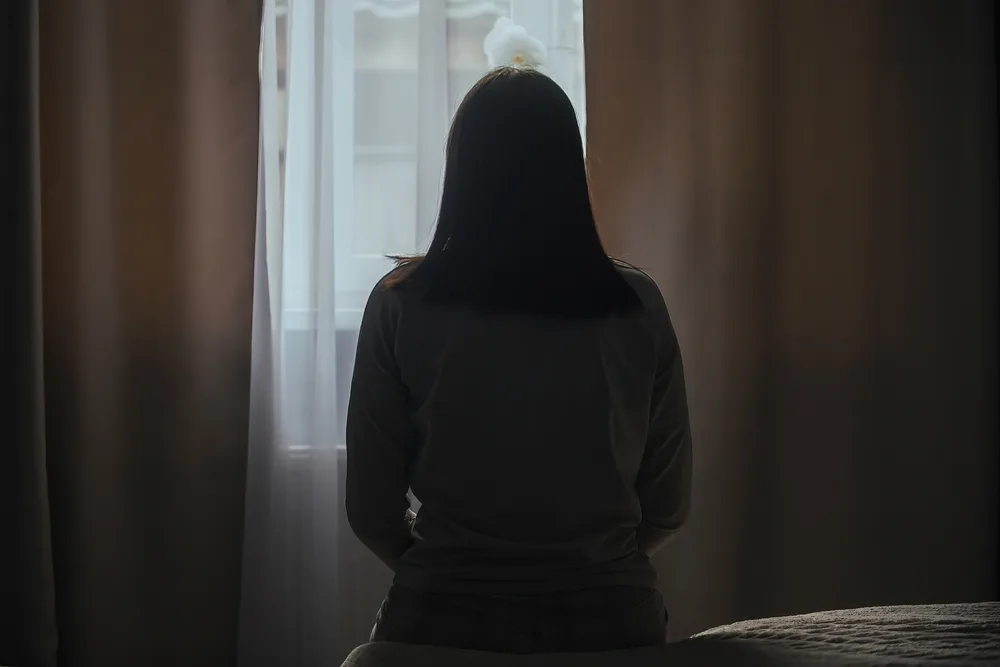
The estimates released by the U.S Census Bureau in 2021 show that more people are living past 65 years. While everyone is unique when it comes to aging, the chances of requiring some level of care and assistance after hitting 65 are high. There comes a time when senior citizens can’t handle everything on their own, including activities of daily living (ADLs).
Fortunately, there are a variety of senior housing and care options that can make things a lot easier for the elderly while increasing their quality of life. Keep reading to find out.
1. Independent living communities
Independent living communities are one of the popular senior housing options, which are ideal for seniors who are at least 55 and don’t need much assistance to accomplish ADLs. They are healthy and can bathe, dress, eat, get on and off the toilet, control their bowel functions, and manage medications. Generally, the idea of these communities is to help older adults avoid feelings of isolation or loneliness and enjoy their retirement.
Residents have a variety of residential housing options to choose from, including apartments, townhomes, and free-standing homes with zero maintenance and yard work. Even though the seniors live independently, they typically share common areas and participate in activities that allow them to maintain a vibrant social life.
At a senior apartment or senior living facility, you will find well-equipped clubhouses, recreational centers, a library, movie theaters, and dining areas. Others offer amenities like fitness centers, swimming pools, tennis courts, golf courses, and salons.
Household chores can be quite challenging and time-consuming for senior citizens. The good news is that many independent living communities include basic housekeeping and onsite laundry services. Well, this allows the residents to spend more time doing the things they love.
2. Assisted living facilities
If your loved one needs help with some of the basic daily activities like bathing and medication management, then assisted living homes might be the best option for them. Residents receive a combination of housing and personalized care services, which promote an increased quality of life.
Assisted living facilities provide home-like settings with a greater level of privacy and personal freedom. Some residential facilities have special units to accommodate the needs of people with early-to-middle dementia. Others provide just bedrooms or allow people to share rooms to keep their costs low.
Another great thing about assisted living homes is that residents enjoy round-the-clock security and emergency care.
Please note the services provided at assisted living environments vary, but many facilities include the following:
- Meals every day
- Social and recreational activities
- Fitness and wellness centers
- Housekeeping and laundry services
- Transportation services
- Health and medical services
- Personal care services, including bathing, eating, dressing, toileting, and transferring.
3. Residential care homes
A residential care home is a great alternative to an assisted living facility, especially for seniors who are looking for more personalized care and attention. The homes typically cater to a group of few residents. However, this senior housing alternative does not have the extensive social and recreational activities you can find in assisted living facilities.
Since no two residential care homes are created the same, expect different levels of care. Some homes provide just basic ADLs services, housekeeping, and meals. Others are very detailed with their services and include transportation and some medical services.
Generally, residential care homes do not provide apartments. Instead, they have single or double rooms and shared bathrooms.
4. Skilled nursing facilities or nursing homes
After health assessments, doctors or health care providers can recommend a senior patient to receive a high level of daily medical care at a skilled nursing facility or nursing home. Only trained and certified medical professionals are allowed to supervise and provide medically-necessary treatment or assistance with ADLs.
While nursing homes or facilities are also staffed with therapists, audiologists, speech pathologists, and other types of doctors, nurses often do most of the tasks.
Skilled nursing facilities typically provide temporary residence. If an older adult requires long-term custodial care round-the-clock, you can make arrangements for a permanent nursing home. Many facilities have semi-private rooms that your loved one can share with other patients.
Medicare, Medicaid, and private insurance cover can help you pay for some of the services offered at nursing facilities or homes. The services include physical & occupational therapy, medications, nursing care, daily meals, dietary counseling, and ambulance transportation.
5. Elderly care at home
Some seniors who are experiencing declining overall health or wellness may opt for home care, instead of nursing homes or assisted living facilities. With professional home health care nurses or caregivers, the elderly may receive personalized, one-on-one care.
Depending on the senior’s level of needs, home health care providers may avail services for a few hours a week or on a 24-7 live-in care basis. The professionals essentially help with personal care needs, physical activities, planning or preparing meals, and companionship care. Nurses can track vital signs, document essential tasks, manage pain, draw blood, and more.
When compared to assisted living homes, the at-home care for the elderly option can lower custodial care costs as well as increase satisfaction.
6. Memory care facilities
Some people face the risk of severe brain changes that lead to memory loss. While the elderly may be fully independent, dementia can make it difficult for them to perform even basic daily activities.
Memory care facilities are designed for people suffering from dementia problems, including Alzheimer’s disease, Parkinson’s disease, and vascular dementia.
As we mentioned earlier in this post, some nursing homes and assisted living facilities have separate locked or secured units dedicated to patients experiencing memory loss. Also, even professional caregivers provide at-home care for seniors with dementia.
But you will want to consider specialized memory care facilities because most of them have a higher number of professionals to supervise the residents. They provide safe senior housing, 24-hour care, and other fantastic features that keep residents safe, as well as enhance their quality of life.
By Admin –



